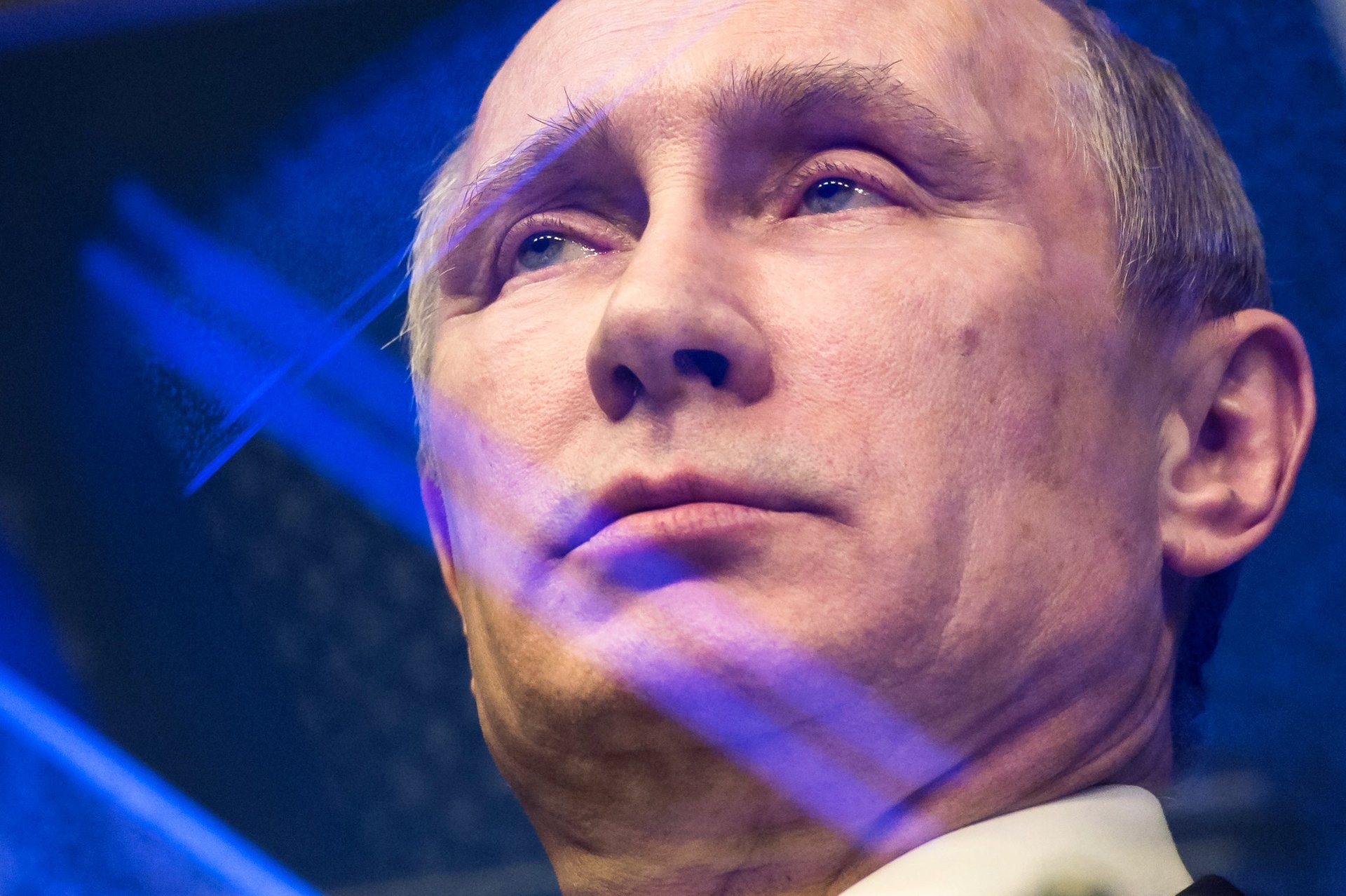What if Snowden was played by the Russians all along?
Is Edward Snowden a “noble crusader bravely risking his career and freedom in the pursuit of truth and transparency”? Or is he a “useful idiot”? Edward Lucas of the Economist comes down firmly on the side of idiocy. In his new e-book, The Snowden Operation, Lucas argues that Snowden’s revelations “should be seen not as a heroic campaign but as a reckless act that has jeopardized our safety and played into our enemies’ hands.” Moreover, he hypothesizes that the entire operation was orchestrated by Russian intelligence from the very beginning. (Disclosure: Lucas and I were colleagues at the Economist for a little over a year.)


Is Edward Snowden a “noble crusader bravely risking his career and freedom in the pursuit of truth and transparency”? Or is he a “useful idiot”? Edward Lucas of the Economist comes down firmly on the side of idiocy. In his new e-book, The Snowden Operation, Lucas argues that Snowden’s revelations “should be seen not as a heroic campaign but as a reckless act that has jeopardized our safety and played into our enemies’ hands.” Moreover, he hypothesizes that the entire operation was orchestrated by Russian intelligence from the very beginning. (Disclosure: Lucas and I were colleagues at the Economist for a little over a year.)
The first part of Lucas’s book will be familiar to anybody who has read the anti-Snowden arguments: that it should come as no surprise that spy agencies spy; that the scope of the disclosures has gone far beyond the vacuuming up of Americans’ data and is now revealing operational details that have no public interest; that the legitimate work of Western defense has been paralyzed, endangering America and its allies. Even the most ardent defenders of Snowden—whom Lucas disparagingly calls “Snowdenistas”—wouldn’t deny that the disclosures have done tremendous damage to Western intelligence agencies.
But Lucas goes further. He posits that Snowden would have been noticed by Russian intelligence as soon as he arrived in Geneva as an employee of the CIA. “They are very good at spotting naïve, gullible, dissatisfied, junior officials in important positions,” says Lucas. Somebody like Snowden, he writes, “would be a beacon to them.” Lucas’s theory is that the Russians, through intermediaries, would have encouraged Snowden’s growing worries about the American surveillance state “by increasing his sense of dissatisfaction and his alienation from his employer” until it was time to broker a meeting with someone who could release the documents for him. The Russians also needed to ensure Snowden wouldn’t talk too much about his time in Geneva, Lucas says, “and for that reason he would need to be bounced into going to Moscow where he could be looked after.”
It all sounds a bit far-fetched, and it is easy to accuse Lucas—the author of two previous books warning about Russian aggression—of seeing Russian spooks everywhere. He says he has also been accused of being a shill for the MI6, Britain’s external intelligence agency, and happily admits to having a long history of disliking Vladimir Putin. But Lucas isn’t against whistleblowers or leaks in general, having published leaked documents himself. His problem, he says, is with Snowden’s motivations. “Whistleblowers have to meet three tests,” he says. “They have to reveal some kind of abuse or injustice that wouldn’t otherwise be remedied. They have to bear public safety and other considerations in mind. And the information they take should be proportionate and relevant to the abuse they’re trying to remedy. And I think Snowden broke all three of those.”
Unsurprisingly, his argument is unpopular with Snowden supporters. Jacob Appelbaum, an American hacker who also received the Snowden documents, called Lucas’s book “slanderous” and “libelous.”
Others have used it as a stick with which to beat his employer, the Economist, which Lucas says has no desire to receive the Snowden documents.
“I was asked this by another journalist: What would you do if Mr Snowden had come to you with it [the documents]? If I had seen the whole scope of it, I would have taken him down to the police station and asked them to arrest him,” says Lucas. “I really would.”